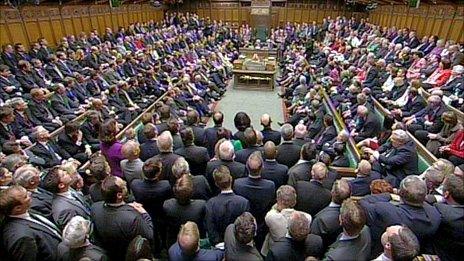MPs face fight for a seat in 2020
- Published
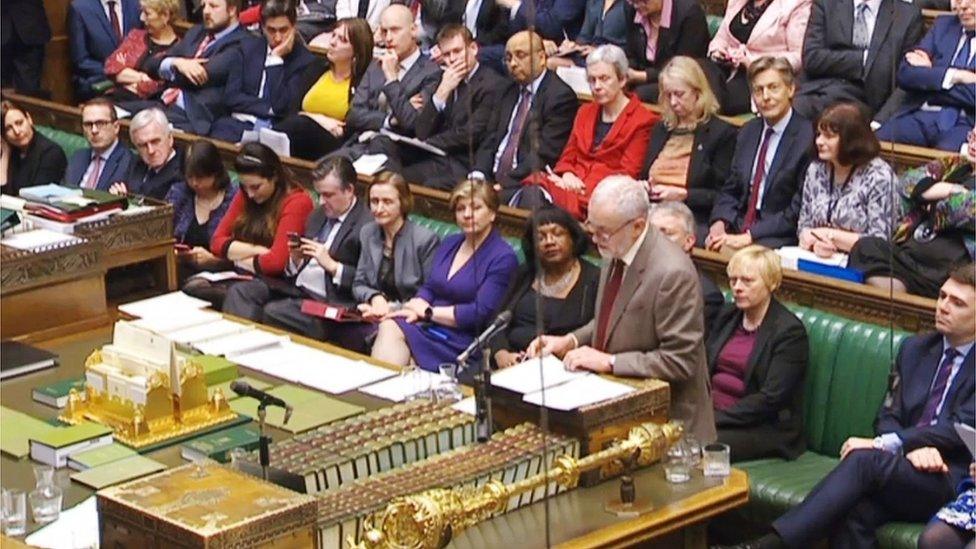
Labour MPs are under the most pressure from the review
Like the butterfly fluttering its wing and eventually causing a tornado, the political equivalent of chaos theory was unleashed last week with a press release, external from the Boundary Commission for England.
The commission "has today begun redrawing the map of parliamentary constituency boundaries in England". (Separate commissions will be doing the same job for the other parts of the UK).
This sounds like - and, for the commission, is - a technical exercise, but the political effects will be far-reaching.
Boundary changes happen roughly every decade, but this is likely to result in the biggest shake-up of our political map in anyone's lifetime.
First, it is trying to ensure each of our votes has the same value in choosing an MP.
At the moment, voter numbers vary wildly, from 21,769 in the Western Isles (Na h-Eileanan Siar) to 108,804 on the Isle of Wight.
The Conservatives feel particularly aggrieved by this, since urban seats tend to have fewer voters, and are more likely to have Labour MPs, which can mean it takes fewer votes to elect a Labour MP than it does a Conservative one (their more suburban and rural seats tending to have bigger populations).
This has been an unintended side-effect of trying to respect both local geography and traditional boundaries.
Parliament says in future constituencies must have 74,769 voters (the number calculated according to the latest UK population). The commission can deviate by up to 5% to take account of geography and tradition, but voter numbers will be the main criteria.
Smaller Commons
The second change is the next House of Commons will be smaller. Honouring a pledge in the Conservative manifesto, there will be 600 MPs not 650.
In England, that means 501 constituencies, 32 fewer than now.
Take those two changes together, and, as Boundary Commission secretary Sam Hartley says: "These new rules mean that there is likely to be a large degree of change across the country." That is putting it mildly.
The commission had a go at this during the last parliament. Although its review was cancelled after the coalition parties fell out over it, draft proposals were published.
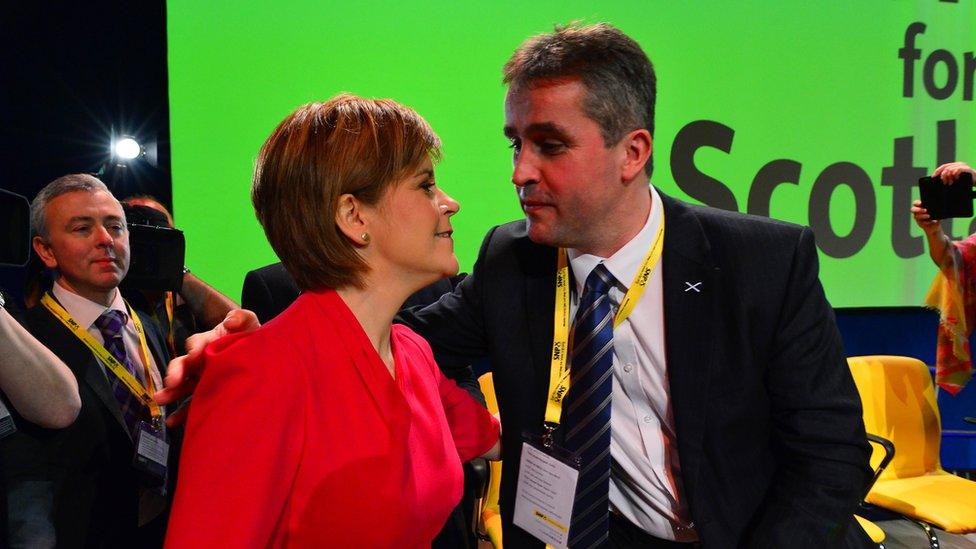
Angus MacNeil has the smallest number of constituents in the UK
The only way it could make the quota of voters work was by crossing county boundaries and designing some very weird looking seats.
The city centre of Gloucester, for example, would have been combined with the Forest of Dean, and there would have been a new constituency straddling the border between Devon and Cornwall.
Legally, the commission has to ignore the previous maps it drew up, but similar combinations are bound to recur.
Trivial stuff, you may think, but the kind of thing that causes trouble locally.
It will pit local members of the same party against one another - if you're an activist in a safe seat, you won't welcome the threat of it becoming a marginal, requiring more work to defend it.
In the North West of England, there will be seven fewer constituencies in the next parliament.
Unless enough MPs choose to retire, party colleagues whose seats are being merged will fight each other over the nomination.
Dozens of political careers will end prematurely, and it won't be down to the voters. It will be down to party activists.
The changes before the 1997 general election caused particular problems for the Conservatives.
Many Tory MPs became part of what was called "the chicken run", external, abandoning seats whose new boundaries would make them harder to defend, choosing instead to stand in much friendlier territory.
Problems for Labour
That won't happen this time, party rules having been changed. In any case, it is not the Tories who are worried about this review. Although a few of them may lose out, the party is expected to benefit as a whole.
To meet the new quota of voters, smaller urban seats will be combined, so there will be fewer seats on which sitting Labour MPs can depend.

Jeremy Corbyn's supporters hope they can increase the number of candidates from the left of the party
Add in the effect of new rules on voter registration, which appear to have resulted in a drop in the number on the electoral register, especially in areas where the population changes a lot, such as inner cities or places with lots of students, and that exacerbates Labour's problem: if you are not registered, you don't appear in the population statistics, so the Boundary Commission can't count you.
And if a constituency is changing significantly, Labour's ruling NEC will order an open selection process for the candidate for the new seat.
Sitting MPs will automatically be included, but their reselection will be far from certain.
This is the opportunity activists who support Jeremy Corbyn have been waiting for, their best to change a parliamentary party far from enamoured of its leader. However, Shadow Chancellor John McDonnell has denied this will happen.
Even on the present boundaries, Labour would need a 1997-size swing just to scrape into power.
Since then, it has lost all but one of its seats in Scotland. And even if it makes a dramatic recovery, that country will have six fewer constituencies.
This boundary review - conducted entirely impartially but using rules determined by Parliament - could finish off the Labour Party's chances of ever returning to government.
I understand the Boundary Commission invited the political parties to a meeting last Thursday, briefing them on how the review will proceed. The Commission team told the politicians they had "cognizance" of the strength of local feeling about re-drawing the map.
The public will have a say when the initial proposals are published in September, followed by 12 weeks of public consultation, including meetings around the country.
"We will need the help of residents in all regions to ensure that our proposals take account of local ties and best reflect the geography on the ground," Mr Hartley says.
If you go along, expect to be surrounded by party activists trying to persuade the commission to alter the boundaries differently.

Isle of Wight MP Andrew Turner currently has the highest number of constituents in the UK
They won't say they are arguing for party advantage - the commission would ignore their ideas if they did - but amid all the talk of tradition, historical character, inviolable natural barriers, they will really be arguing about votes.
Earlier, I wrote the rules were being changed so everyone's vote would count the same. Not on the Isle of Wight, however.
It has too many votes for one constituency, too few for two.
So one of them would have to be shared with part of Hampshire. Faced with a Conservative rebellion during the legislation's passage, the government agreed to exempt the Isle of Wight.
Its two MPs will each represent 52,724 voters. All are equal; it's just that some are more equal than others.
- Published25 October 2015
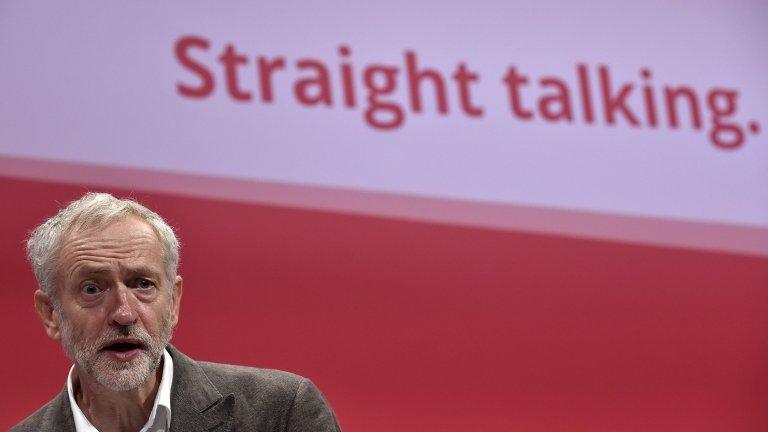
- Published29 January 2013
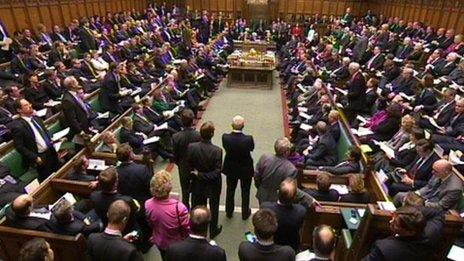
- Published14 January 2013
